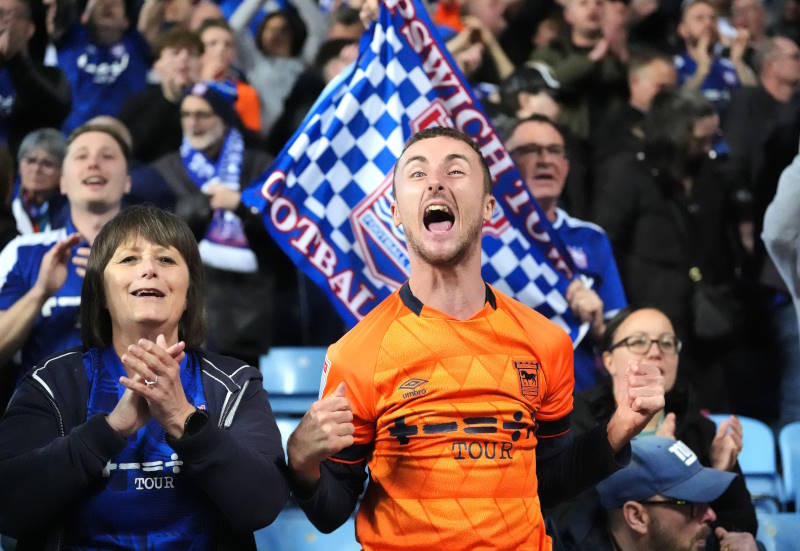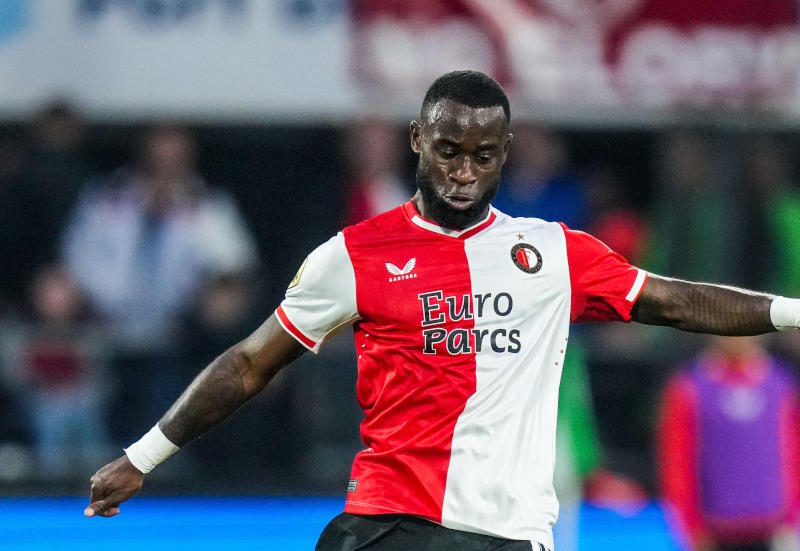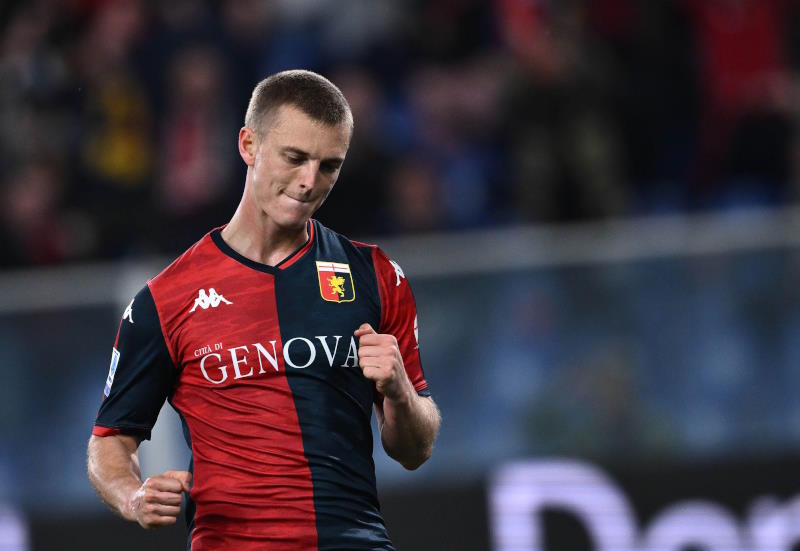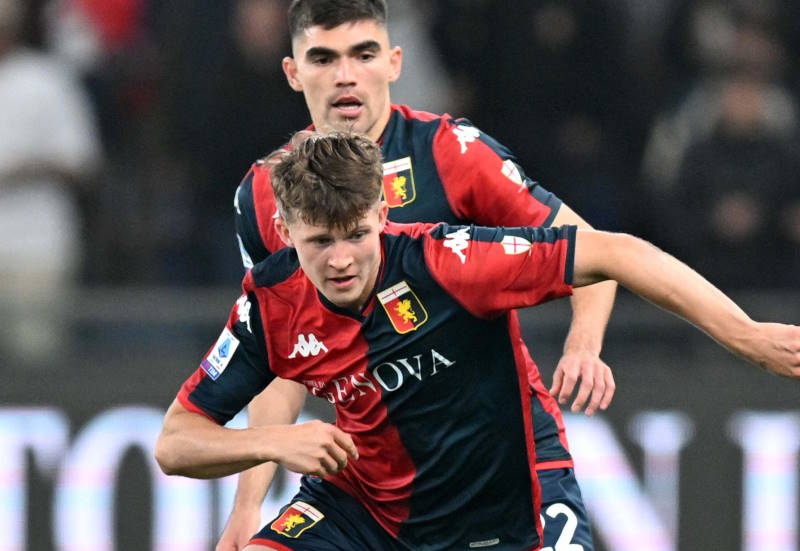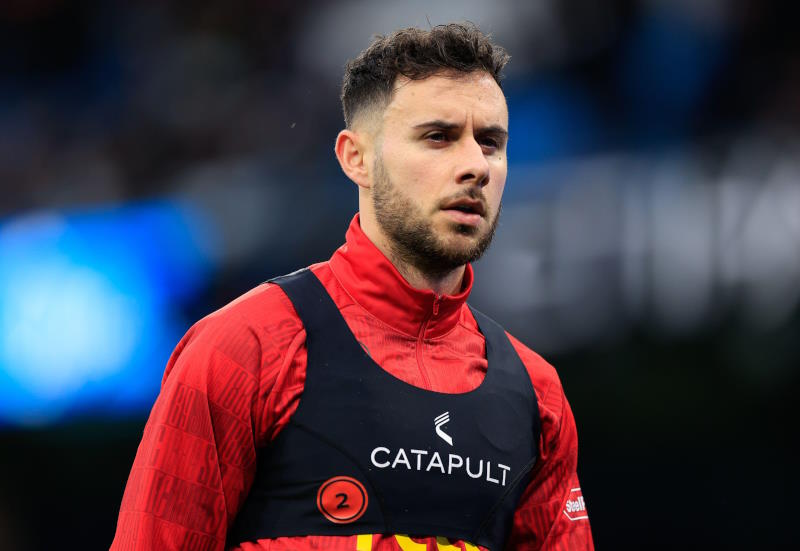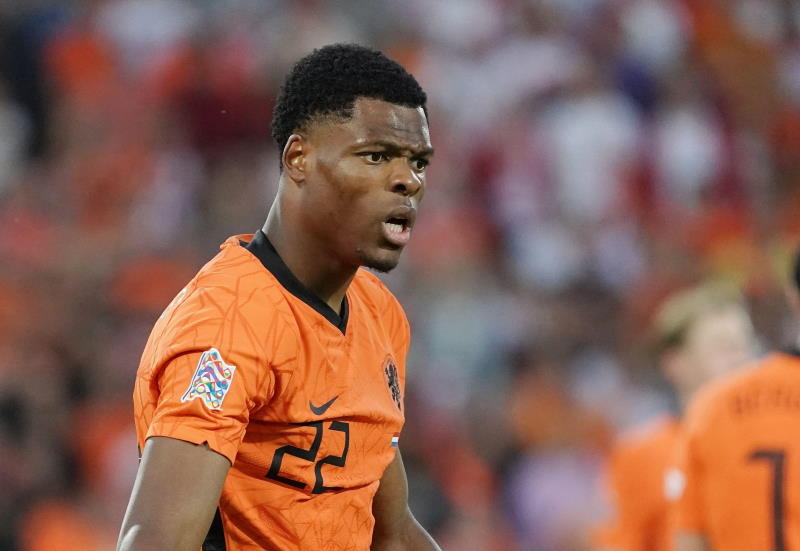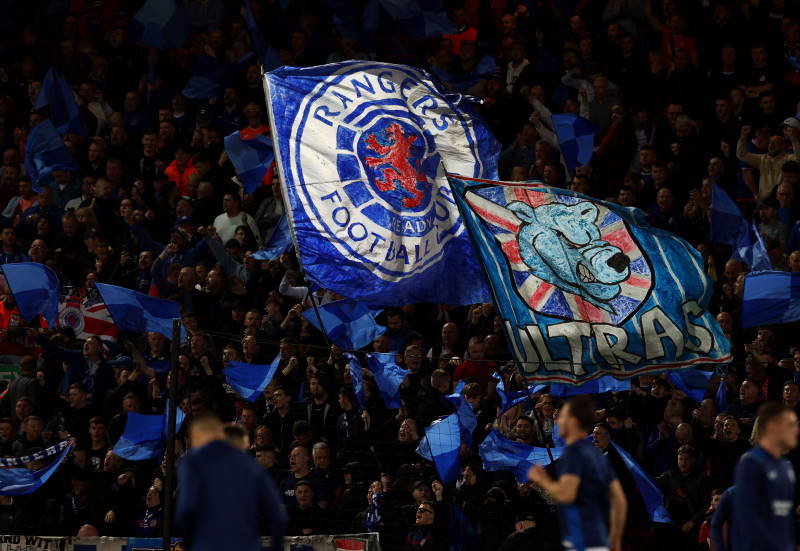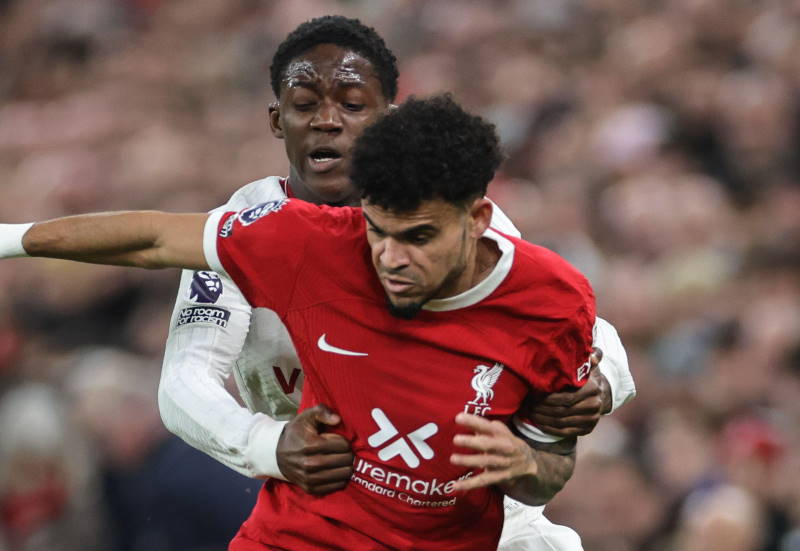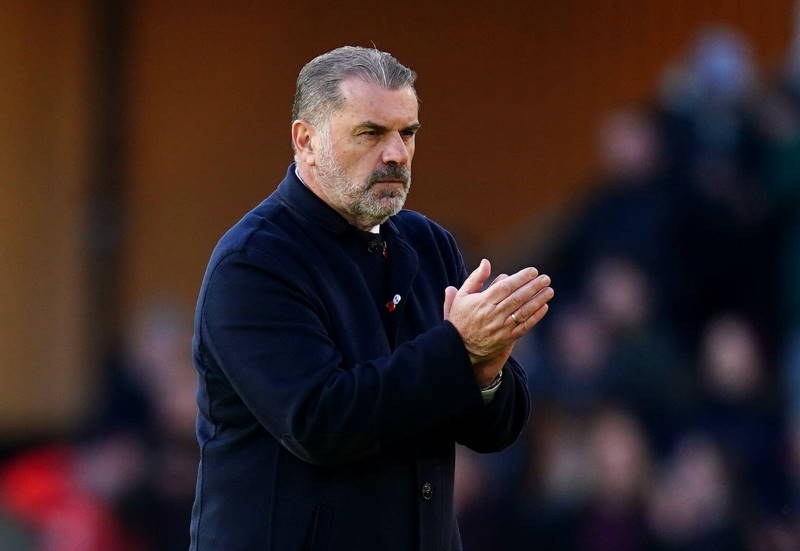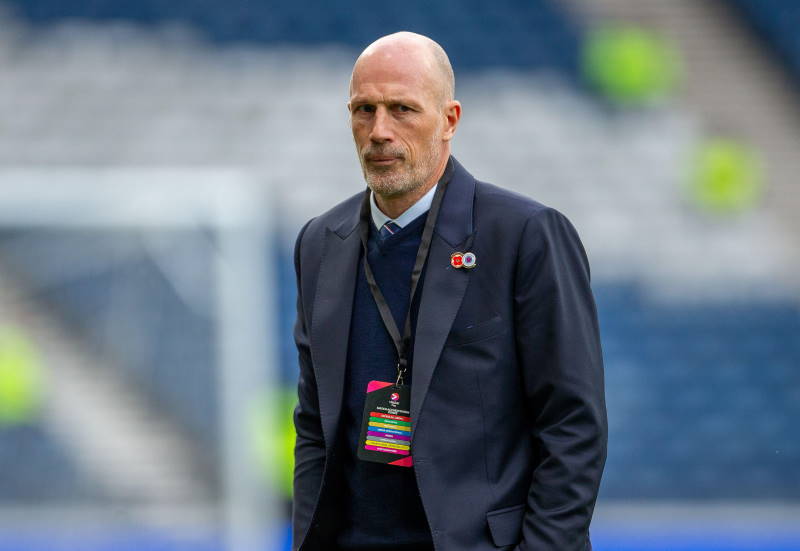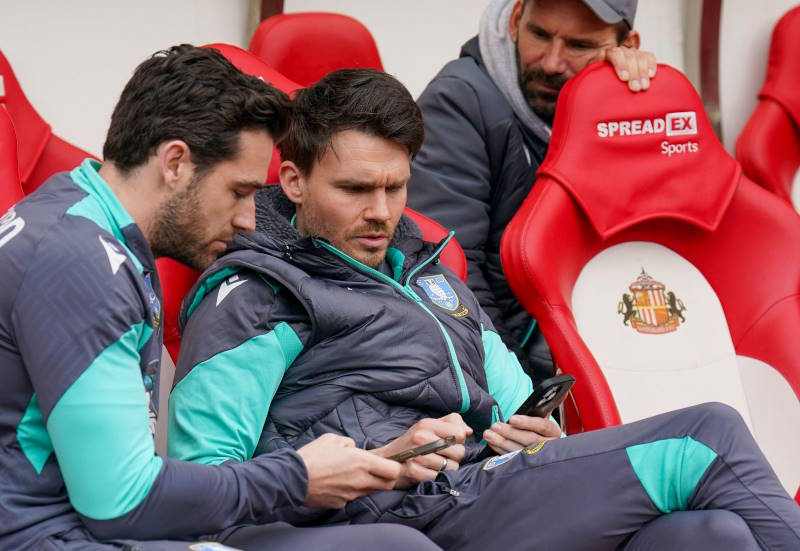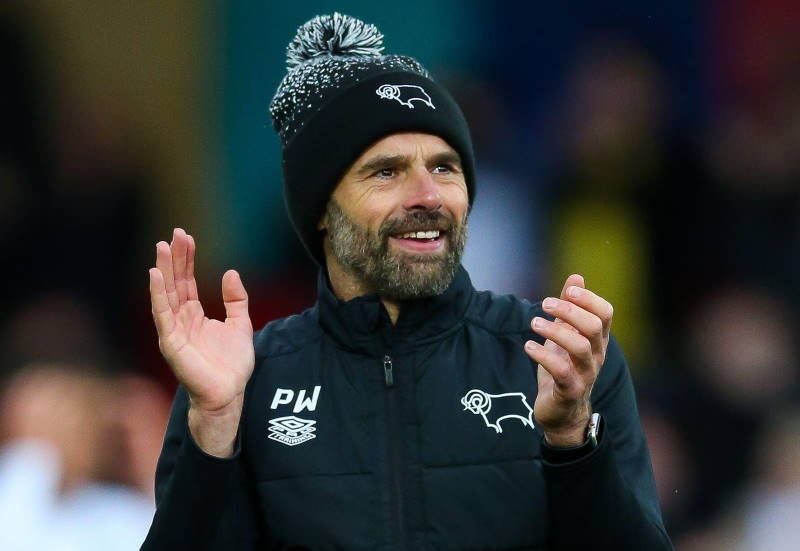
To say Denmark were a long odds outsider going into the 1992 European Championships is an understatement. They were off on their holidays, sunning it on the beaches of Europe when the conflict in Yugoslavia created a unique opportunity for the Danes, runners-up behind the Eastern Europeans in their qualifying group, to replace the Yugoslavs and gain an unexpected second chance.
Denmark hardly set Euro ’92 on fire, and were understandably rusty in the early stages, but still did enough to draw with England in their first game. Defeat to Sweden followed, but victory over a France team containing Jean-Pierre Papin and Eric Cantona was enough to see them through to the second round. Being an eight team competition that meant Denmark could look forward to a semi-final against Holland.
A brace from Henrik Larsen early in the first half was twice equalised, by Dennis Bergkamp, and then Frank Rijkaard late on. A penalty shoot-out followed and Peter Schmeichel was decisive in saving a penalty from Marco van Basten to see the Danes through 5-4. From the holiday resorts to a European final, destiny was seemingly on Denmark’s side and so it proved as they gunned down the recently unified Germans, winning 2-0 in normal time.
The Scandinavians may have been on the back foot, but when John Jensen got on the end of a Flemming Povlsen cut back he buried it from the edge of the area; only Povlsen’s second goal in 48 internationals. Kim Vilfort finished late on to make the result certain and send Berti Vogts’ team crashing to defeat.
But what happened when the spotlight faded? We revisit the key men 18 years later…
The Captain – Lars Olsen, Centre Back
Less heralded than many in the squad, Lars Olsen was the captain of this winning team and spent his career mainly based in Denmark with short spells in Turkey, Belgium and Switzerland with Basel.
 After finishing his playing career coaching beckoned and Olsen held various roles at Brondby before taking over the reins at Randers FC, leading them to promotion to the Danish top flight, the Superliga in 2005. Following relegation the next year he rallied, winning the Danish Cup and getting promoted once more.
After finishing his playing career coaching beckoned and Olsen held various roles at Brondby before taking over the reins at Randers FC, leading them to promotion to the Danish top flight, the Superliga in 2005. Following relegation the next year he rallied, winning the Danish Cup and getting promoted once more.
After a switch to league rivals Odense Boldklub a second place finish followed the next two seasons. With a squad featuring Roy Carroll and Eric Djemba-Djemba among the local talent, pushing on for the title is the aim this season, though an early loss to AC Horsens has taken the wind out of their sails a little. Olsen has forged a good career as a coach, but for the time being at least, Euro ’92 will still be his finest hour.
The Game Saver – Peter Schmeichel, Goalkeeper
After penalty heroics in the semi-final and a clean sheet against the Germans, Schmeichel went on to an illustrious career. Spending eight years with Manchester United, the Dane achieved a mighty medal haul, amassing five league titles, three FA Cups, a League Cup and of course the Champions League in 1999; the final in Barcelona marked the end of his tenure with the club.
Spells followed at Sporting Lisbon, Aston Villa and Manchester City before he hung up his boots for good. Delving into punditry, Schmeichel was a familiar face to both British and Danish TV viewers, giving his views on Match of the Day and various other programmes.
As part of an investment group the keeper attempted to buy Brondby IF to help alleviate a financial crisis brewing at one of his breakthrough clubs, though this wasn’t to be ultimately. Instead, Schmeichel turned to the media and presented the show Dirty Jobs for the discovery channel and 1 mod 100 for Danish TV. Keen to take on new challenges and be the best he can be, he describes wanting to master 1 mod 100’s particular hosting challenges before looking further afield. Given a poor reception to his stint with Dirty Jobs that’s understandable.
Schmeichel is also ambassador for the charity The Eve Appeal.
The Star – Brian Laudrup, Forward
Just pipping Schmeichel to star of the show was Brian Laudrup, the legendary Danish forward who may always exist in the same breath as his brother Michael. Having got over his differences with coach Richard Møller-Nielsen to appear at Euro ’92, he went on to appear for Bayern Munich, Fiorentina, AC Milan, Rangers, Chelsea and FC Copenhagen although it was only at Rangers that he can be said to have had a sustained period of success, describing his move there as ‘the best move I ever made, the best four years of my career.’
Representing Denmark in the quarter-finals of the 1998 World Cup was Laudrup’s last outing for the national team, but a career in management was not to follow. As well as co-presenting Champions League football on Danish TV, Brian is more commonly engaged with other pursuits, although not entirely divorced from football.The Laudrup & Hogh Pro Camp is a yearly training camp established to encourage technical skills, but also entertainment and tactical nous. The idea is to give young footballers an inspirational glimpse in to the life of professional football whilst making friends. Occasionally turning out for Lyngby Old Boys with his brother as well as fellow retirees Henrik Larsen and Torben Piechnik, Brian is keeping his foot in and, most importantly, having fun.
The Manager – Richard Møller-Nielsen
The most successful coach the Danish national team has ever had, Møller-Nielsen was part of the national set-up for 18 years, enjoying roles with the Under-21s and the national team, taking the senior squad to two European Championships.
He went on to manage both Finland and Israel before his final job at Kolding FC, retiring in 2003. Looking back Møller-Nielsen is proud of what he’s achieved and dismisses suggestions Denmark should not have been at Euro ’92 saying: “From my point of view we qualified because we finished the best of the number twos. We followed the ball so if something should happen, we would be ready.”
.jpg) Asked if there was anything else he’d like to have achieved, Møller-Nielsen sees the World Cup as a missed opportunity for his team, although points to the Intercontinental Championship win against Argentina in 1995 as a nice “mini world championship.”
Asked if there was anything else he’d like to have achieved, Møller-Nielsen sees the World Cup as a missed opportunity for his team, although points to the Intercontinental Championship win against Argentina in 1995 as a nice “mini world championship.”
He stays interested in the game, both locally and across Europe and is in close contact with his son who’s also a coach, keeping involved with football by proxy. Møller-Nielsen is also close to his Danish managerial predecessor and long-time colleague Sepp Piontek, although most of his energies now he’s 73 are focused on more relaxing pursuits and spending time with his family and friends.
Asked about his legacy he’s clear: “The best compliment you can give a football coach is that he got the very best out of the material he had and so, if I am just remembered for winning the 92 European Championship I’d like to be remembered that way too.”

